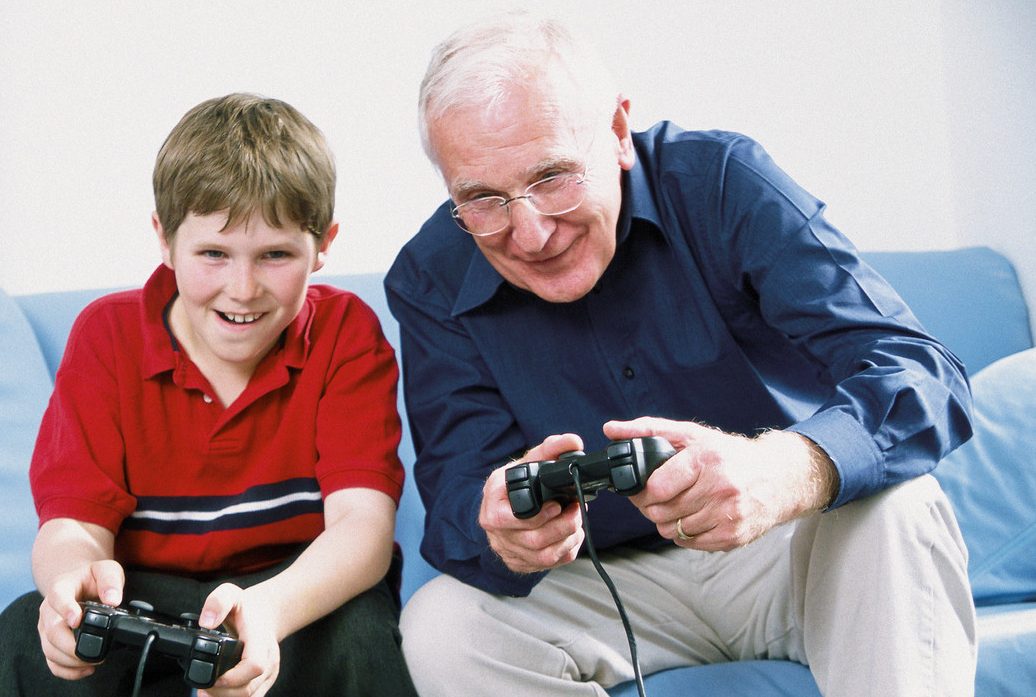Improving Cognitive Skills in Childhood Cancer Survivors

One advancement in cancer treatment, computer-based therapy, can successfully treat memory, emotional, and attention problems in young cancer survivors.
With advances in cancer treatment, nearly 500,000 children in the United States have survived cancer. It’s a huge medical success story. Some 85 percent of children diagnosed with a malignancy are alive at least five years after their cancer was diagnosed, according to the American Cancer Society.
The next step is keeping a close eye on emotional and learning struggles.
YOU MIGHT ALSO LIKE: Gentler Treatments Help More Kids Survive Cancer
Learning problems in child cancer survivors
Treatment for certain cancers — such as eye, head, and face tumors, along with leukemia and lymphoma — are especially likely to affect learning. The experience is traumatic and may also lead to emotional difficulties, which can affect thinking. In a survey of patients, more than a quarter said their treatment left them with lingering cognitive problems.
That number may be low. Scientists have estimated that as many as 70 percent of children cancer survivors may develop attention problems. They are at higher risk for anxiety and depression, as well as symptoms of post-traumatic stress disorder that may affect a child’s ability to focus and learn. Experts recommend that child cancer survivors have regular evaluations for mental health issues and problems with school and work. Brain scans may become important screening tools that catch problems early.
Although medications may help children with attention deficit hyperactivity disorder (ADHD), they seem less effective in cancer survivors.
Computer video game training
Researchers have turned to computers for answers. At St. Jude Children's Research Hospital, training children with enhanced video games has shown results that lasted six months after the treatment and may work as well as ADHD drugs.
The St. Jude study included 68 childhood cancer survivors who had been treated for acute lymphoblastic leukemia or brain tumors with cranial radiation and intrathecal chemotherapy (which delivers drugs directly into cerebral spinal fluid surrounding the spine and brain). Both treatments increase the risk young patients will develop thinking and memory problems that can cause problems in school, social situations, and work.
The children, who were between the ages of 8 and 16, had finished their cancer therapies and been free of cancer for at least a year. But tests showed their working memory was below normal.
Half were assigned to computer game training immediately, while the others started the intervention about six months later. The commercially available program used for the research, Cogmed, consists of 30- to 45-minute verbal and visual-spatial exercises that look like video games but are designed to improve working memory.
After children completed 20 to 30 computer-based training sessions, they were tested again. Cognitive skills like working memory, attention, and processing speed (a measurement of how fast the brain processes information) improved dramatically. Cognitive performance in nearly half of the children became normal. Brain imaging before and after the training also revealed positive changes.
Family members and other caregivers agreed that the children who completed the training had noticeably improved attention spans and were better able to plan, focus, and complete tasks.
"While medication and therapist-led interventions have shown some benefit for select survivors, online training marks a significant advance, giving survivors convenient access to an effective intervention,” noted lead author Heather Conklin, PhD, chief of neuropsychology at the hospital.
Updated:
January 23, 2024
Reviewed By:
Janet O’Dell, RN